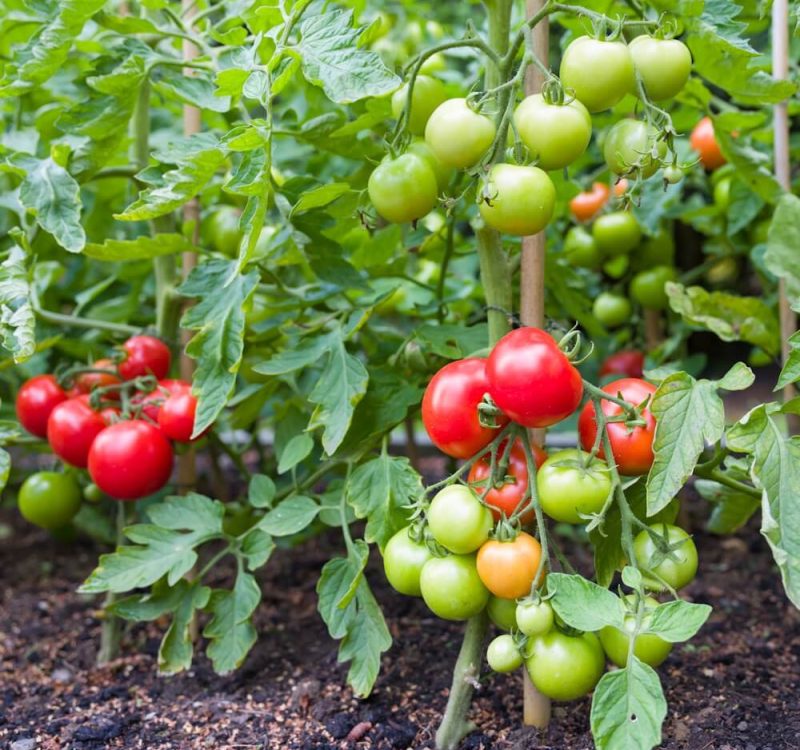Chrysanthemums
Transform Your Garden into a Personal Paradise!
How to Look After Chrysanthemums
Chrysanthemums, often called “mums,” are colourful, long-flowering perennials that reward gardeners who give them the right care. The basics are simple: provide sunlight, water consistently, feed at the right times, and prune carefully. With steady attention, chrysanthemums will thrive in both gardens and pots, bringing brilliant displays year after year.
Sunlight and Positioning
Mums love the sun — at least six hours a day is ideal. Place them in an open, bright position, but give taller types some shelter from strong winds. Plants grown in shade produce fewer flowers and weaker stems, so light is non-negotiable for a strong display.
Soil and Early Planting Care
Well-drained, fertile soil makes all the difference. Before planting, dig in organic matter or compost to improve structure. Space plants 30–50 cm apart to allow airflow and reduce mildew risk. Once planted, water in well and keep soil moist but not soggy. For early strength, apply a balanced fertiliser like
NPK 20-20-20 Plant Fertiliser, which supports both root and foliage growth during establishment.


Watering and Moisture Control
Consistent watering is key. Water chrysanthemums deeply two to three times a week, always at the base to avoid wet leaves and fungal issues. During hot spells, increase frequency. A layer of mulch locks in moisture, stabilises soil temperature, and keeps weeds down, giving mums the steady conditions they prefer.
Feeding and Flowering
Regular feeding powers strong growth and long-lasting blooms. Start the season with
NPK 20-20-20 every 3–4 weeks to build foliage and roots. As buds develop, switch to
Advanced Formula NPK 4-18-38 + Calcium & Magnesium. Its higher phosphorus and potassium content maximises flower size, colour, and stem strength. Deadhead faded flowers to keep plants blooming for longer.


Pruning and Long-Term Care
After flowering, cut plants back to 10–15 cm above ground level. In cooler climates, mulch heavily for frost protection, while in warmer regions plants will often reshoot naturally in spring. Divide older clumps every two to three years to prevent overcrowding and to keep growth vigorous.
Propagation and Common Problems
Chrysanthemums are easy to propagate from 7–10 cm cuttings in spring or by division. Keep an eye out for pests like aphids and mites, along with mildew in humid weather. Good airflow, base watering, and correct feeding all help mums resist these problems naturally.
FAQs – Looking After Chrysanthemums
- How often should I water? Deeply two to three times a week, more in hot weather.
- Which fertiliser works best? Use NPK 20-20-20 for growth, then NPK 4-18-38 + CaMg for flowering.
- Can I grow them in pots? Yes, just ensure they have full sun and well-drained potting mix.
- Do chrysanthemums come back every year? Yes, with pruning and seasonal care, they regrow strongly each spring.
Related Chrysanthemum Topics
- How to Grow Chrysanthemums Planting • soil • spacing
- How to Look After Chrysanthemums Watering • feeding • pruning
- When to Fertilize Chrysanthemums Seasonal schedule & tips
- What to Feed Chrysanthemums Growth vs bloom formulas
- How to Make Chrysanthemum Flower Light • pinching • nutrition
- Best Fertilizer for Chrysanthemum 20-20-20 vs 4-18-38
- Flowers Turning Brown Heat • disease • nutrients
- Leaves Turning Yellow Watering • deficiencies
- How to Revive Chrysanthemums Cut-back • root check • feed
Recommended Products
- Quick View
- Select options This product has multiple variants. The options may be chosen on the product page
Advanced Formula – Boost Flowering & Fruiting – NPK 4-18-38 + Calcium & Magnesium
- Quick View
- Select options This product has multiple variants. The options may be chosen on the product page










